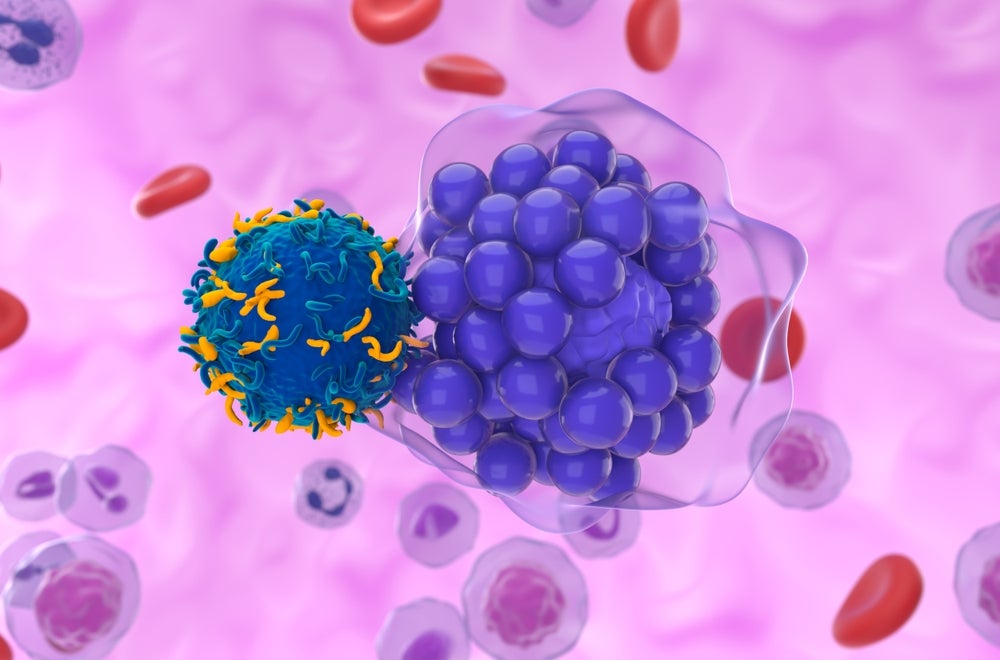Moderna Reports Phase 3 Success for mRNA Flu Vaccine in Adults Aged 50 and Older
Moderna has announced results from a late-stage clinical trial showing that its influenza vaccine candidate, mRNA-1010, demonstrated higher effectiveness than an approved comparator vaccine in adults aged 50 years and older. The phase 3 trial, involving 40,805 participants across 11 countries, reported a relative vaccine efficacy (rVE) of 26.6% for mRNA-1010 when measured against a […]

Moderna has announced results from a late-stage clinical trial showing that its influenza vaccine candidate, mRNA-1010, demonstrated higher effectiveness than an approved comparator vaccine in adults aged 50 years and older. The phase 3 trial, involving 40,805 participants across 11 countries, reported a relative vaccine efficacy (rVE) of 26.6% for mRNA-1010 when measured against a licensed standard-dose seasonal influenza vaccine.
The data indicated strong efficacy for all targeted influenza strains. Specifically, mRNA-1010 showed 29.6% rVE for A/H1N1, 22.2% for A/H3N2, and 29.1% for B/Victoria lineages. The company had previously encountered challenges with B strains in earlier versions of the vaccine, which is common among initial mRNA vaccine formulations. However, updates to the candidate had already shown improved performance in a separate phase 3 study conducted in 2023, where mRNA-1010 outperformed GSK’s Fluarix.
Safety and tolerability results in the current trial aligned with findings from the 2023 study. According to Moderna’s June 30 press release, most solicited adverse reactions were mild. The most frequent local adverse event was injection site pain, while fatigue, headache, and myalgia were reported as the most common systemic reactions.
This latest phase 3 outcome represents progress for Moderna’s plans to develop a combined flu and COVID-19 vaccine. The company had withdrawn its prior FDA application for the combination vaccine in May while awaiting the mRNA-1010 efficacy data.
“Today’s strong phase 3 efficacy results are a significant milestone in our effort to reduce the burden of influenza in older adults,” said Stéphane Bancel, Moderna’s Chief Executive Officer. He also stated that the experience of the recent flu season “underscores the need for more effective vaccines.”
Following the 2023 trial results, Bancel had said that a potential launch of mRNA-1010 could occur as early as 2024. However, the company has not provided a revised timeline in the latest update, only noting that it will proceed to “engage with regulators on filing submissions.”
The vaccine showed increased effectiveness in adults aged 65 years and older as well, with Moderna reporting a 27.4% rVE compared to the approved flu shot. This age group is often considered at heightened risk for complications related to influenza.
Changes in FDA procedures are also a factor in Moderna’s path forward. The agency is introducing stricter requirements for new vaccine approvals, including safety evaluations through placebo-controlled trials. Despite this, Stephen Hoge, M.D., President of Moderna, said during an earnings call that regulatory interactions had been “business as usual,” with continued engagement across all of the company’s ongoing submissions.
Moderna’s stock rose nearly 5% in early trading on Monday before settling at around a 3% increase. Analysts noted that the stronger efficacy shown by mRNA-1010 is a key requirement for advancing the flu and COVID-19 combination shot. Analyst Michael Yee commented that the FDA may scrutinize the safety and tolerability profile of the mRNA platform more closely, particularly in light of newly appointed advisers critical of mRNA technology.
The CDC has reported that the 2024–25 flu season led to the highest number of flu-related hospitalizations and outpatient visits seen in the past 15 years.
What's Your Reaction?
































